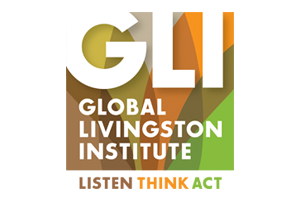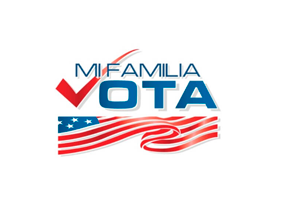
Anthropology
We live in a diverse society, and as an anthropology major at Rollins, you’ll learn about the impact of culture, past and present, on our world today. Anthropology delves into a range of some of the world’s most pressing problems, including immigration, racism, gender discrimination, global health, heritage, and the environment.
As an anthropology major, you’ll develop research, writing, and critical thinking skills that can be applied to a variety of career paths in business, nonprofits, education, law, advocacy, and healthcare.
Why Study Anthropology at Rollins
Hands-On Learning
Extensive archaeological collections, active research programs, and immersive class projects will give you opportunities to implement the methods and skills learned in class while conducting your own fieldwork.
Community Engagement
Develop local-to-global connections in your studies, working closely with community organizations and activist groups as you study culture and human experiences.
Faculty Mentorship
Faculty members embrace collaborations with students and encourage in-depth, interactive learning experiences that include presenting at national conferences and publishing in scholarly journals.
Interested in Studying Anthropology at Rollins?
Sign up to receive more information about living and learning at Rollins.

“Rollins goes beyond telling you to ‘do good in the world’ or ‘be a leader’—it shows you how to self-examine and look at how you can use the tools you learn to create meaningful change. The quality of the faculty and the personalized attention allowed me to form deep relationships, and I’m so thankful to the anthropology program for its focus on creating good people who study systemic issues and not just cultures.”
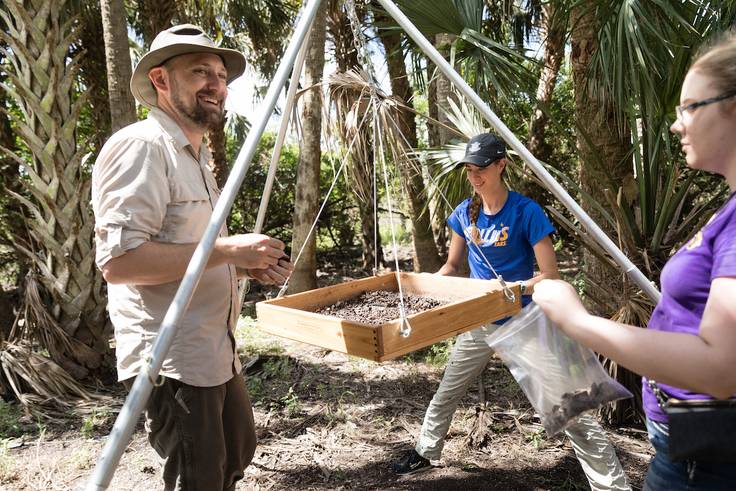
Dive Into Anthropology
The Department of Anthropology offers you a holistic understanding of human diversity through classes in each of anthropology’s four sub-disciplines: archaeology, linguistic anthropology, biological anthropology, and cultural anthropology. By examining cultures through the distinct lenses of each of these fields, you will acquire a multifaceted perspective on the human experience that spans vast stretches of time and space.
Rollins Anthropology Careers
Rollins anthropology grads are making tomorrow happen at some of the world’s most innovative organizations.

Konrad Antczak ’11
Postdoctoral Fellow, Universitat Pompeu Fabra

Theresa Chu-Bermudez ’11
Owner, Get Out! Custom Travels

Morgan Gill ’14
Judicial Law Clerk, Montgomery County Circuit Court

Rachael Kangas ’11
Director, Central & West Central Regions, Florida Public Archaeology Network

Alexandria Mickler ’16
Public Health Advisor, USAID

Jennifer Sherwood ’11
Public Policy Manager, amfAR, The Foundation for AIDS Research
Real World Experience
From community engagement courses to research, anthropology students hone their skills in the real world.
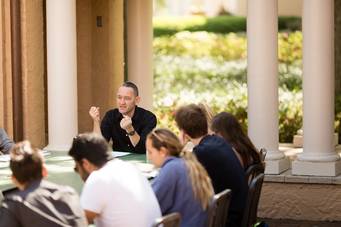
See for Yourself
Get a feel for Rollins’ unique brand of engaged learning and personalized attention through one of our virtual or in-person visit experiences.
Popular Courses
Our courses probe the biological basis of human society, societal norms and behavior, social change, and cross-cultural similarities and differences in areas such as politics, economics, religion, youth culture, globalization, and gender.
ANT 210 Human Evolution
Survey the history of evolutionary theory and fossil evidence of human ancestors in exploring questions about the origin of our species, our relationship to other living things, and what it means to be human.
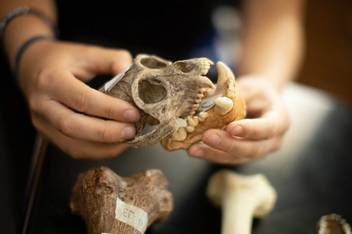
ANT 202 Foundations of Latin American and Caribbean Culture and Society
In a survey of Latin American and Caribbean history, anthropology, and literature, you’ll study the region’s prehistory, colonialism, slavery, music, dance, race and identity, tourism, and globalization.
ANT 255 Middle East Culture
Explore the everyday lives of people in the Middle East as they negotiate the challenges of globalization, new media, religion, and the legacy of colonialism.
GBH 200 Introduction to Public Health
Investigate the concepts and methods for measuring health in populations, and consider the impact of health care systems, public health systems, and government policies on health and disease patterns.
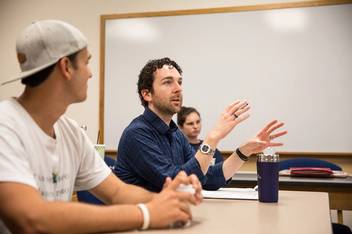
ANT 327 Curating Archaeological Collections
Delve into the professional standards, methods, and ethics of curating archaeological collections through intensive hands-on work with artifacts and archival materials from actual archaeological sites.
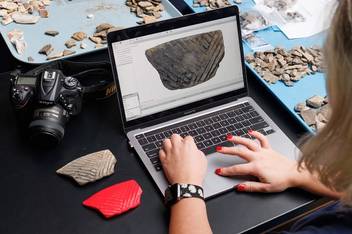
ANT 395 Anthropology & Storytelling
Explore the connections between social theory, evidence, and writing in anthropology, and the importance of reaching wider audiences. Become familiar with the different genres across ethnographic writing and apply such skills to become moving writers that can convert empirical facts and lived experiences into riveting forms of narrative and storytelling.
A Day in the Life of a Rollins Anthropology Major
“Anthropology is my academic soulmate and has fundamentally shaped my worldview toward greater empathy for other cultures and peoples. The anthropology department is a lot like a family—you can develop relationships with incredible mentors. I got into grad school because of my professor. ”
Beyond the Classroom
Student Leaders on Campus In addition to Lambda Alpha National Collegiate Honor Society for Anthropology, our students have an active Anthropology Club and play leadership roles in additional clubs across campus, including EcoRollins, The Democracy Project, Medical Ethics Club, Rollins Improv Players, and Voices for Women.
Study Abroad You’ll have the opportunity to apply anthropological skills you’ve learned in the classroom to real-world settings by participating in semester-long programs in countries such as Japan, Ireland, and Brazil as well as short-term field studies in Guatemala, Morocco, and Mexico, and a summer internship in Uganda.
Community Engagement We work with numerous community partners, giving our students the chance to engage in important social issues, like farmworkers’ rights, voting rights, undocumented immigrants, LGBTQ youth, health inequities, and historic preservation.

Keep Exploring
Take a deeper dive into anthropology at Rollins by meeting your future professors, seeing our grads in action, and sitting in on a class.

May 09, 2023
Rising to the Top
This year’s seven valedictorians share highlights from their time at Rollins and a glimpse of what’s next in their meaningful lives and productive careers.
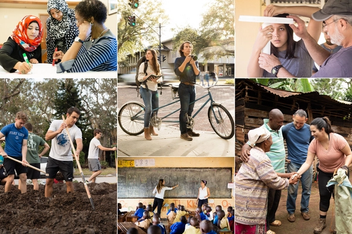
November 02, 2022
Solving the World’s Biggest Problems
For Rollins students, alumni, and faculty, the most pressing issues of our time are not insurmountable. They’re opportunities to bring meaning to the term “global citizenship.”
September 15, 2022
Brown Awarded National Institute of Mental Health Grant
Anthropology professor Shan-Estelle Brown has earned a one-year grant to support the CDC’s initiative, “Ending the HIV Epidemic: A Plan for America.”
Expert Faculty
Our faculty members work in close partnership with our students and the area’s premier institutions. They foster deep, meaningful, insightful class discussions to provide context for various social issues. With a broad range of specializations, our faculty enhance learning through close mentorship.
Department of Anthropology
Telephone: 407.646.2670
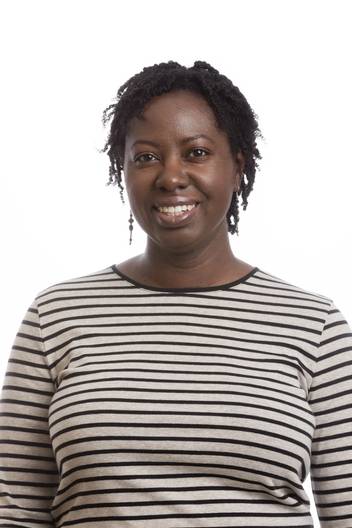
Shan-Estelle Brown, PhD
Associate Professor of Anthropology
Research interests: Medical anthropology, patient-provider relationship, health disparities, chronic illness, self-treatment, global health
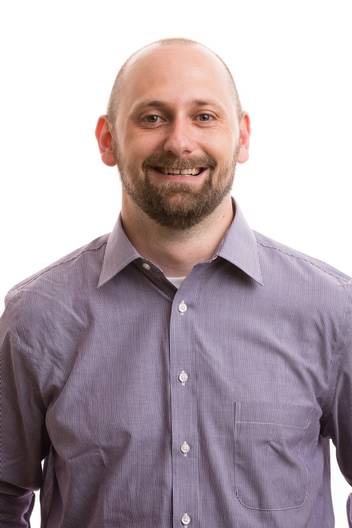
Zack Gilmore, PhD
Associate Professor of Anthropology
Research interests: Anthropological and public archaeology, critical heritage, Indigenous historicities, Archaic period, shell mounds, early pottery technology, Florida and American Southeast
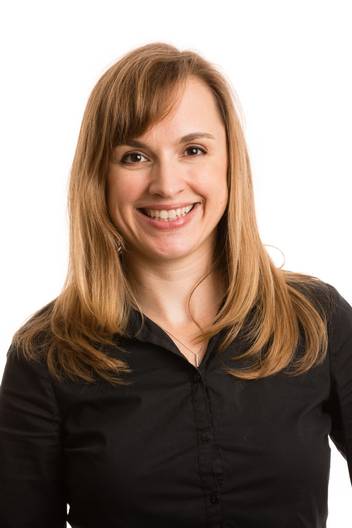
Rachel Newcomb, PhD
Professor of Anthropology
Research interests: Cultural anthropology, Middle East and North Africa, gender, Islam, globalization, immigration, food studies, and writing for popular media

Ashley Kistler, PhD
Professor of Anthropology
Research interests: Cultural, linguistic, and public anthropology, Mesoamerica, Maya culture, gender, cultural revitalization, identity, and immigration

Andrés Romero, PhD
Assistant Professor of Anthropology
Research Interests: Cultural/medical anthropology, violence, place and memory, drug rehabilitation, the anthropology of life/death, visual culture, literary ethnography, Colombia


